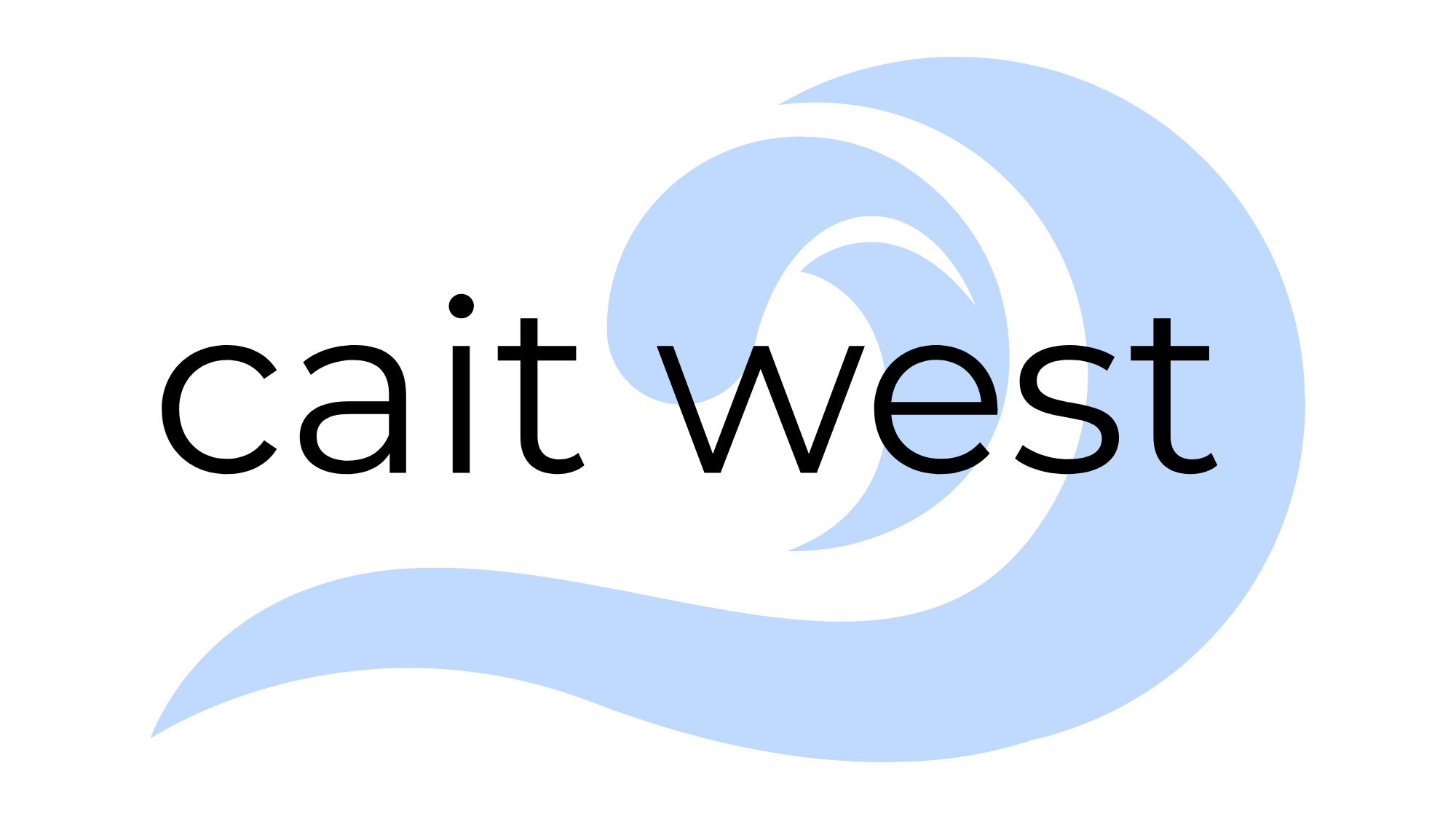Leaving Religious Fundamentalism
When I was a child, I understood the world through a set of absolute rules that required absolute obedience. I heard these rules at home and at church, and I was very good at telling them to the neighbor kids. I was called a “goody two-shoes,” but I didn’t feel too offended because at least I was “good.” I desperately wanted to be good. And to me, that meant following the rules without question.
I can look back now and recognize that my life was controlled by religious fundamentalism—in my case, a Christian ideology framed by a rigid, literal interpretation of the Bible, which I was told was inerrant and completely transferrable to our modern lives.
Being controlled by religious fundamentalism or a high-control group is a little like living in a very small, dark box. You’re told anyone outside the box is an unbeliever, a hater of God, a lost soul. And you don’t ever want to look outside the box or listen to outsiders because you might fall out and down a slippery slope and never be able to get back in where you think you are truly accepted.
I suppose that last sentence is the truest lie that fundamentalism preaches. If you fall out of the box, you really can’t get back in—but that doesn’t mean you’re lost.
The truth is, fundamentalist boxes come in all shapes, although they’re all small. Some tell you that you can’t smoke, drink, dance, or play cards. Some want you to kiss dating goodbye and get married through father-controlled courtship. Some tell you that your biological sex determines whether you can be a leader.
But in my mind, the boxes are all the same: closed-up prisons. And I never want to be trapped again.
Life after fundamentalism is complicated, which I suppose is the point of wanting to believe in clear, absolute answers and rules: it’s human to want safety and certainty.
But life after fundamentalism is also more free, less burdened, more authentic. After years of being told what to do, I’m learning to make choices for myself, to determine whether something is helpful or harmful based on evidence. To be honest, I sometimes freeze in anxiety when it comes to making decisions, even small ones like what to do on my day off. Decision-making for myself is a practice I’m getting better at every day.
It was difficult to leave my fundamentalist upbringing, because it meant losing some relationships, but I’ve learned that acceptance isn’t true and love isn’t unconditional when they rely on your conformity and obedience. I was once terrified to go out of bounds, to break the rules. But once I realized that I didn’t need to follow them, that I could take charge of my own life, I felt like I could finally breathe for the first time.

